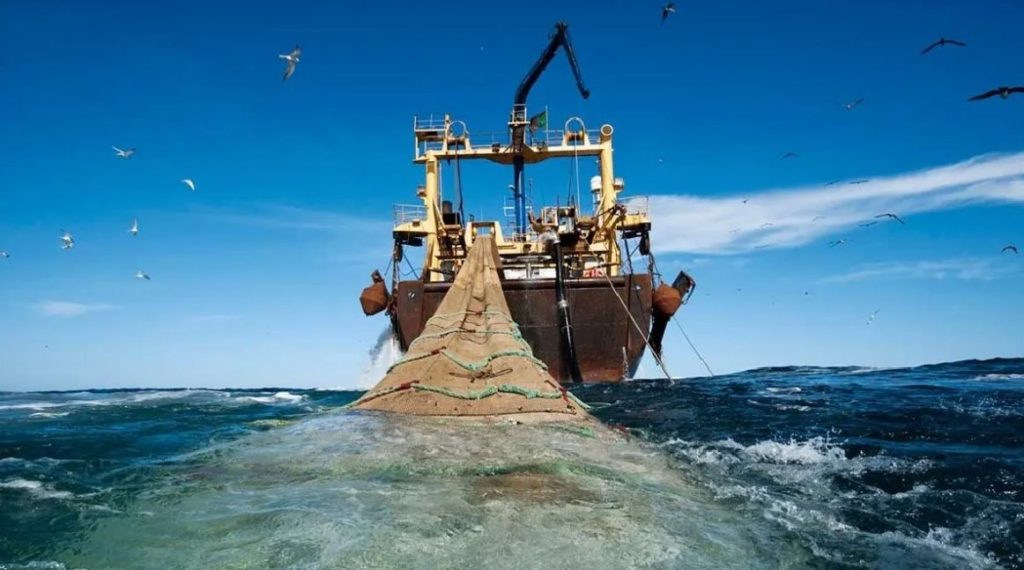If the weather warms more than 1.5 ºCthe threshold that scientists consider safest, the consequences will be “irreversible” for humanity, even if the limit is temporarily exceeded, concluded a study published in Nature.
The research, carried out by 30 scientists over three years, answers an increasingly recurring question given the delay of countries in reduce their greenhouse gas emissions.
Since the 1.5 °C limit set by the Paris Agreement seems compromised at times, shouldn’t we resign ourselves to seeing this threshold surpassed for a few decades?
“No,” the study scientists answered flatly. A scenario of this type, they warned, could have “irreversible” consequences that would last thousands of years.
If the average temperature increases more than 1.5 ºC, “turning points“, such as the thawing of permafrost and peatlands, two immense carbon deposits that, if they disappeared, would release enormous volumes of greenhouse gases that, in turn, would warm the planet.
If the 1.5°C threshold is exceeded for a century, sea level could also rise by another 40 centimeters, posing a threat to island nationsthe authors warned.
“Even if we managed to lower temperatures, the world we live in would no longer be the same as if we had not exceeded the limit,” explained Carl-Friedrich Schleussner, a researcher at the International Institute for Applied Systems Analysis, based in Austria, who directed the team of scientists.
According to United Nationsthe commitments made by countries regarding climate will lead to global warming of almost 3 ºC in 2100 compared to the pre-industrial era.
The greenhouse gas emissions They are approaching their peak and States have not yet begun to reduce them, although they would have to do so by almost half by 2030 if they want to stay within the 1.5 ºC limit.
But that goal would only be a step toward carbon neutrality in 2050, when natural carbon sinks and technology absorb as many greenhouse gases as those emitted by human activity.
Given this delay, some scientists and politicians consider it inevitable that the 1.5 ºC threshold will be exceeded.
The Paris Agreement, adopted by the international community in 2015, seeks to keep warming below 2°C – and, if possible, limit it to +1.5°C – compared to the pre-industrial era.

















